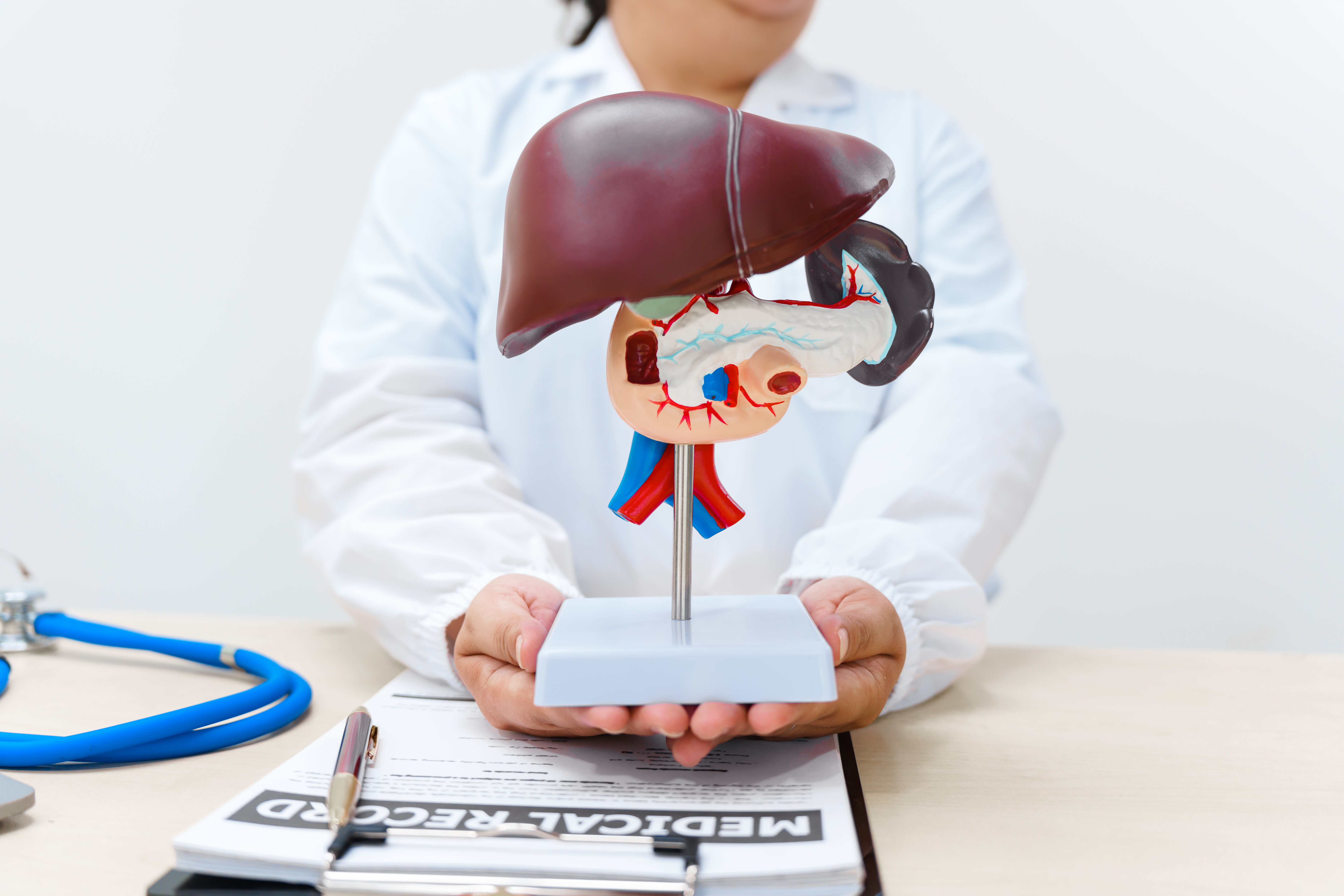11 Surprising Facts About Cholesterol Medications Doctors Don't Tell You
Cholesterol medications, commonly known as statins, have long been at the center of medical discussions, often praised for their life-saving capabilities. However, beneath the surface of their widespread use lies a complex web of truths that remain largely unspoken. This article aims to peel back the layers and reveal 11 astonishing truths about cholesterol medications that are seldom discussed openly. From the biochemical nuances of how these drugs function to the socio-economic factors influencing their prescription, each section will delve into aspects that could reshape your understanding of these medications. As we embark on this journey, prepare to uncover insights that challenge conventional wisdom and offer a fresh perspective on a topic that affects millions worldwide.
1. The Biochemical Balancing Act: How Cholesterol Medications Work

Cholesterol medications primarily function by inhibiting the enzyme HMG-CoA reductase, a crucial player in the liver's cholesterol production. This action reduces the overall cholesterol levels in the bloodstream, particularly low-density lipoprotein (LDL) cholesterol, often referred to as "bad" cholesterol. However, this simplistic view overlooks the complex biochemical dance that occurs within the body. Statins not only reduce cholesterol but also impact a myriad of other biological pathways, influencing inflammation, endothelial function, and even the immune response. Understanding this broader biochemical impact is essential, as it underscores the multifaceted role these medications play beyond mere cholesterol reduction.
2. Beyond Cholesterol: Unexpected Benefits of Statins

While the primary goal of statins is to lower cholesterol, research has uncovered a host of unexpected benefits that extend beyond cardiovascular health. Statins have demonstrated anti-inflammatory properties, which may contribute to their protective effects against conditions like rheumatoid arthritis and certain cancers. Moreover, studies suggest that statins could improve bone health by enhancing bone mineral density and reducing fracture risk. These additional benefits highlight the potential of statins to positively impact various aspects of health, prompting further investigation into their broader therapeutic applications.
3. The Genetic Factor: Personalized Medicine and Statin Efficacy

Not all individuals respond to statins in the same way, and genetics plays a significant role in determining their efficacy. Variations in genes related to cholesterol metabolism, such as SLCO1B1, can influence how individuals process statins, affecting both their effectiveness and the risk of side effects. This genetic variability underscores the importance of personalized medicine, where treatments are tailored to an individual’s genetic makeup. As genetic testing becomes more accessible, it offers the potential to optimize statin therapy, ensuring maximum benefit with minimal adverse effects.
4. The Side Effects Dilemma: Weighing Risks and Benefits

Despite their benefits, statins are not without side effects, which can range from mild muscle pain to more severe conditions like rhabdomyolysis. The risk of side effects often fuels debate about the widespread use of statins, especially in individuals with lower cardiovascular risk. It is crucial to weigh these risks against the potential benefits, considering factors such as age, existing health conditions, and lifestyle. Open discussions between patients and healthcare providers are essential to navigate this dilemma, allowing for informed decision-making that aligns with individual health goals.
5. The Lifestyle Equation: Complementing Medication with Healthy Habits

While statins play a vital role in managing cholesterol, they are most effective when combined with healthy lifestyle choices. Diet, exercise, and smoking cessation are key components that can enhance the efficacy of statins and contribute to overall cardiovascular health. A diet rich in fruits, vegetables, whole grains, and lean proteins can further lower cholesterol levels, while regular physical activity improves heart function and reduces the risk of comorbidities. Emphasizing lifestyle modifications alongside medication can lead to a more holistic approach to managing cholesterol and improving long-term health outcomes.
6. The Psychological Impact: Addressing Medication Adherence

Adherence to cholesterol medication is a significant challenge, often influenced by psychological factors such as fear of side effects or skepticism about the medication's necessity. Understanding the psychological barriers to adherence is crucial for healthcare providers, who can play a pivotal role in addressing concerns and providing reassurance. Educational interventions and supportive communication can enhance adherence, ensuring that patients reap the full benefits of their prescribed therapy. By fostering a trusting relationship between patients and providers, the psychological hurdles to medication adherence can be effectively overcome.
7. The Economic Angle: Cost Implications and Accessibility

The cost of cholesterol medications can be a barrier for many individuals, particularly those without adequate health insurance. While generic statins have made these medications more affordable, the economic burden remains a concern for some patients. Additionally, the cost of managing potential side effects and regular monitoring can add to the financial strain. Addressing these economic challenges requires a multifaceted approach, including policy changes to improve access to affordable medications and support systems to assist those in need. Ensuring that cost does not impede access to essential medications is vital for equitable healthcare.
8. The Controversy of Overprescription: Are Statins Given Too Freely

The debate over the potential overprescription of statins is a contentious issue in the medical community. Critics argue that statins are often prescribed to individuals with low cardiovascular risk, leading to unnecessary exposure to side effects. This controversy highlights the need for more precise guidelines that balance the benefits of statins with the potential risks. It also underscores the importance of individualized care, where treatment decisions are based on a comprehensive assessment of each patient's unique risk profile, rather than a one-size-fits-all approach.
9. The Role of Alternative Therapies: Exploring Complementary Options

In the quest for optimal cholesterol management, some individuals turn to alternative therapies, such as dietary supplements, herbal remedies, and lifestyle interventions. While these options can complement traditional statin therapy, their efficacy and safety are not always well-established. It is essential for patients to discuss any alternative therapies with their healthcare providers to ensure they do not interfere with prescribed medications. A collaborative approach that integrates evidence-based alternative therapies with conventional treatment can offer a more comprehensive strategy for managing cholesterol.
10. The Future of Cholesterol Management: Innovations on the Horizon

Advancements in medical research continue to shape the future of cholesterol management, with new therapies and technologies on the horizon. Novel drugs, such as PCSK9 inhibitors, offer promising alternatives for individuals who cannot tolerate statins or require additional cholesterol reduction. Additionally, advancements in genetic research may lead to more personalized treatment approaches, optimizing therapy based on an individual's genetic profile. As these innovations unfold, they hold the potential to revolutionize cholesterol management, offering new hope for patients and healthcare providers alike.
11. Empowering Patients: The Importance of Education and Advocacy

Empowering patients with knowledge about cholesterol medications and their health implications is crucial for informed decision-making. Education initiatives that provide clear, accessible information can help patients understand their treatment options and the importance of adherence. Advocacy efforts that promote patient-centered care and support shared decision-making can further enhance patient empowerment. By fostering an environment where patients feel informed and involved in their healthcare, we can improve health outcomes and ensure that individuals receive the care that best meets their needs.
Navigating the Complex World of Cholesterol Medications

As we conclude this exploration of cholesterol medications, it is clear that the truths surrounding these drugs are multifaceted and complex. From their biochemical impacts to the socio-economic factors influencing their use, each aspect offers valuable insights into the broader landscape of cholesterol management. By understanding these truths, patients and healthcare providers can engage in more informed discussions, leading to personalized treatment plans that balance risks and benefits. As we continue to unravel the mysteries of cholesterol medications, the ultimate goal remains clear: to improve health outcomes and enhance the quality of life for individuals worldwide.